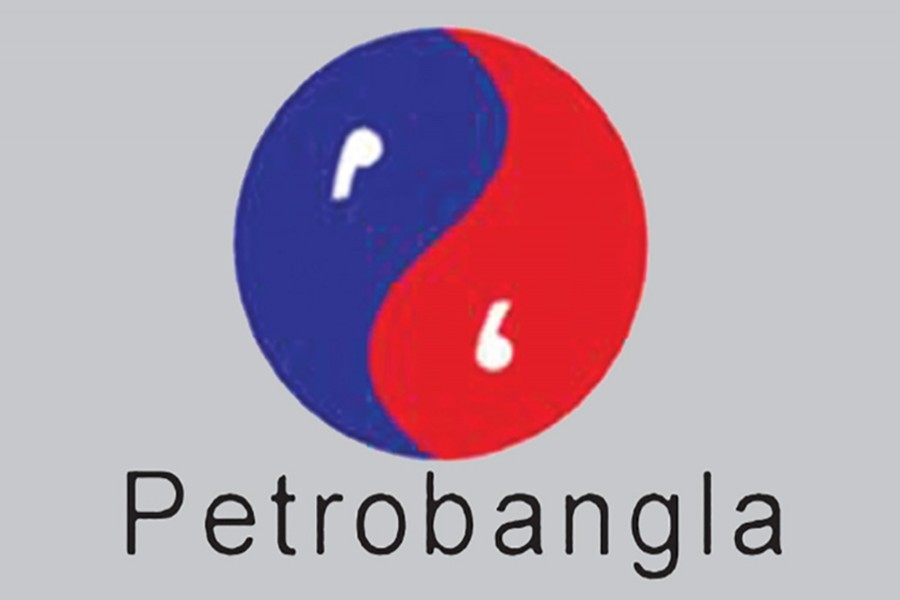Bangladesh has managed to partly avert a penalty on delayed payment against LNG imports thanks to a good gesture by Oman Trading International (OTI), a long-term supplier for the country.
The OTI, currently known as OQ Trading, responded positively to a request by state-run Petrobangla for quitting the demurrage claim, a senior official at the Petrobangla told the FE.
However, the country had to pay such a penalty to the other long term supplier Qatargas despite the dollar crisis in the country.
"We as a regular importer had requested both the suppliers to rescind the demurrage claim on the excuse that we have never defaulted payments before since starting imports in April 2018," he said.
The official did not disclose the amount of demurrage exempted by the OTI or had to pay Qatargas as penalty.
However, the payments to the suppliers against LNG imports would be around US$140-160 million per month at current market price, market insiders said.
The government has two separate sales and purchase agreements (SPAs) with the long term suppliers - Qatargas has got a more stringent payment schedule than that of the OTI's.
According to the SPAs between Qatargas and Petrobangla, the latter has to make payment to the LNG supplier within 15 days of imports.
Petrobangla has the liberty to make LNG import payments to the OTI within 25 days of LNG imports, according to the SPA between the OTI and Petrobangla.
Demurrage claim remains effective at London Inter Bank Offered Rate plus 4.0 per cent above the overall import costs, if Petrobangla fails to make regular payment against LNG imports to the suppliers, said sources.
Petrobangla failed at least on a couple of occasions to pay the suppliers, but finally had to pay demurrage only to Qatargas, they added.
This was, however, the first incident of paying demurrage to any supplier since Bangladesh initiated importing of LNG around five years back.
The ongoing Russia-Ukraine war resulted in the scarcity of the greenback in both local and foreign banks operational in Bangladesh and their reluctance to open letter of credit (LC) against imports led to import-bill default, said the official.
Sources said, a couple of years back the OTI also had offered to double its LNG supply to Petrobangla to 2.0 million tonnes per year (Mtpa) from its existing supply deal for 1.0 Mtpa under similar terms.
If Petrobangla could bag the OTI's offer and ink the deal, it could have been able to continue purchasing sufficient quantities of LNG at cheaper rates compared to the volatile international spot market, they added.
The government could also avoid the path of raising natural gas tariff sharply and all sorts of consumers including the businessmen could also get natural gas supplies at 'affordable' rates, said sources.
"Not signing the SPA with the then OTI for increasing long term imports of LNG was a fault of the government," energy expert professor Ijaz Hossain told the FE on Thursday.
The government should have kept open an option of importing around 75 per cent of LNG from long term suppliers and the remaining 25 per cent from the spot market, he argued.
Petrobangla inked the first-ever sales and purchase agreement (SPA) with Qatar's RasGas, later renamed Qatargas, on September 25, 2017 to buy annually around 2.5 million tonnes per year (Mtpa) of lean LNG over 15 years.
During the initial five years of the deal, Qatargas will supply annually around 1.8 Mtpa of LNG, which will be increased up to 2.5 Mtpa in next 10 years.
The purchase price has been set at around 12.65 per cent of the three-month average price of Brent crude oil plus US$ 0.50 constant per million British thermal unit (MMBtu).
If Petrobangla has more demand during the first five years, it can increase the LNG-import volume annually to 2.5 Mtpa, and during the next 10 years Petrobangla has the option to reduce the amount by 10 per cent every year.


